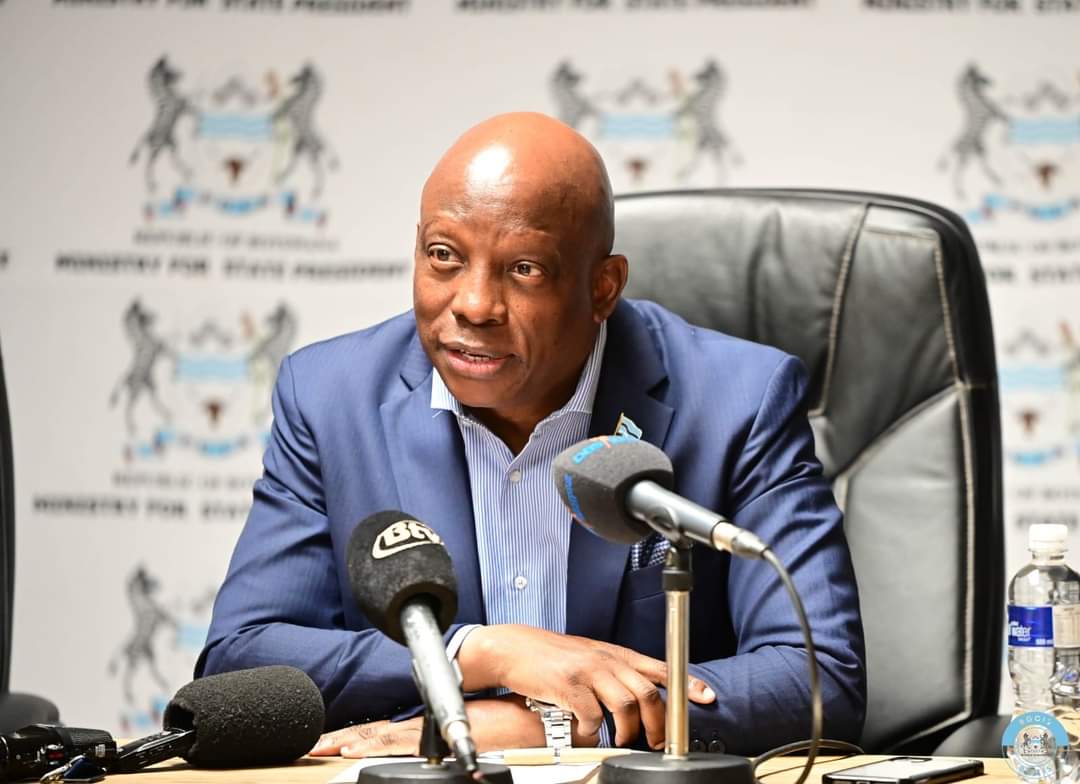In a press briefing held today at the Office of the President, Minister for State President Kabo Neale Sechele Morwaeng announced that the Constitutional Amendment Bill did not pass in Parliament, as it failed to meet the required voting threshold. This outcome has sparked discussions about the implications for citizens’ rights and the future of constitutional reform in Botswana.
A Commitment to Democracy and Consultation
Minister Morwaeng emphasized that Botswana is a democratic nation, highlighting the government’s commitment to a thorough consultation process throughout the constitutional review. He noted that the government had diligently followed all necessary procedures, culminating in the presentation of the bill to Parliament.
The Minister expressed disappointment over the outcome, stating that the bill represented a significant step forward for Batswana. “We believe in a participatory democracy where the voices of the people are heard and taken into account,” he remarked.
Denial of Basic Rights
During the briefing, Minister Morwaeng underscored the progressive nature of the proposed amendments, which sought to enhance citizens’ rights. He lamented that Parliament’s decision had denied Batswana essential rights, including the right to health, education, and the ability to collectively bargain and strike within a constitutional framework.
“The failure to pass this bill is a setback for our efforts to ensure that all citizens enjoy their fundamental rights. We must continue to advocate for these rights and seek ways to bring them into the constitutional framework,” he stated.
Protection for Marginalized Groups
One of the key aspects of the Constitutional Amendment Bill was its intention to protect marginalized groups, specifically intersex individuals and people with disabilities. The bill aimed to prohibit discrimination against these groups, ensuring that they receive equal treatment and protections under the law.
Minister Morwaeng highlighted the importance of such provisions, stating, “Every citizen deserves to live free from discrimination. This bill was a crucial step toward recognizing the rights and dignity of all individuals in Botswana, regardless of their background.”
Looking Ahead
The Minister’s address has reignited discussions about the future of constitutional reform in Botswana. While the recent failure of the bill is a setback, Minister Morwaeng reaffirmed the government’s commitment to pursuing amendments that align with democratic principles and promote citizens’ rights.
“We must not lose hope. The process of constitutional reform is ongoing, and we will continue to engage with the public and stakeholders to find ways to advance these critical issues,” he concluded.
As Botswana moves forward, the need for inclusive dialogue and ongoing advocacy for the rights of all citizens remains paramount. The government’s dedication to these principles will be essential in shaping the future of the nation’s constitutional landscape.










